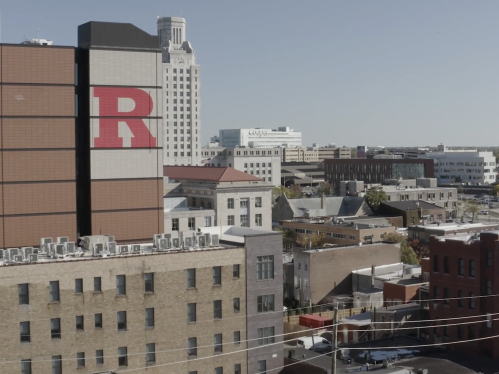
A Basic Income for Camden
Principal Investigator: Lorraine Minnite, BA, MA, MPhil, PhD
Community Partner: Camden, We Choose
Location: Camden
The U.S. government's rapid response to the coronavirus pandemic's shutdown of the economy was extraordinary. It deviated from long-standing patterns in social provision, barring states from dis-enrolling people from Medicaid, imposing eviction moratoria, and increasing benefit levels in existing safety net programs, expanding their duration and eligibility criteria. The programs that had the biggest impact were those that put cash directly into the hands of individuals and families. As a result, among other positive outcomes, the child poverty rate was cut in half in just six months at a time when unemployment was soaring to 15 percent. This project addresses the adverse effects on health from unemployment and poverty in Camden.
This project studies the potential for a universal basic income (UBI) program to improve the health and well-being of the city’s 70,000 residents, the vast majority of whom are working-class people of color. UBI represents a new approach to community development. In partnership with Camden, We Choose, a community-based coalition in Camden, this project analyzes existing UBI experiments across the U.S. and Europe to design and conduct a survey of Camden households on how residents would use roughly $500 to $1,000 a month in additional income, how they would like to participate in a changing employment landscape, and how they value the kind of unremunerated community work that people have always done to survive and care for one another under conditions of material deprivation. If the results of the survey project and assessment of community capacity for mobilizing support are positive, a basic income program and model legislation tailored to the needs and preferences of Camden residents will be drafted.